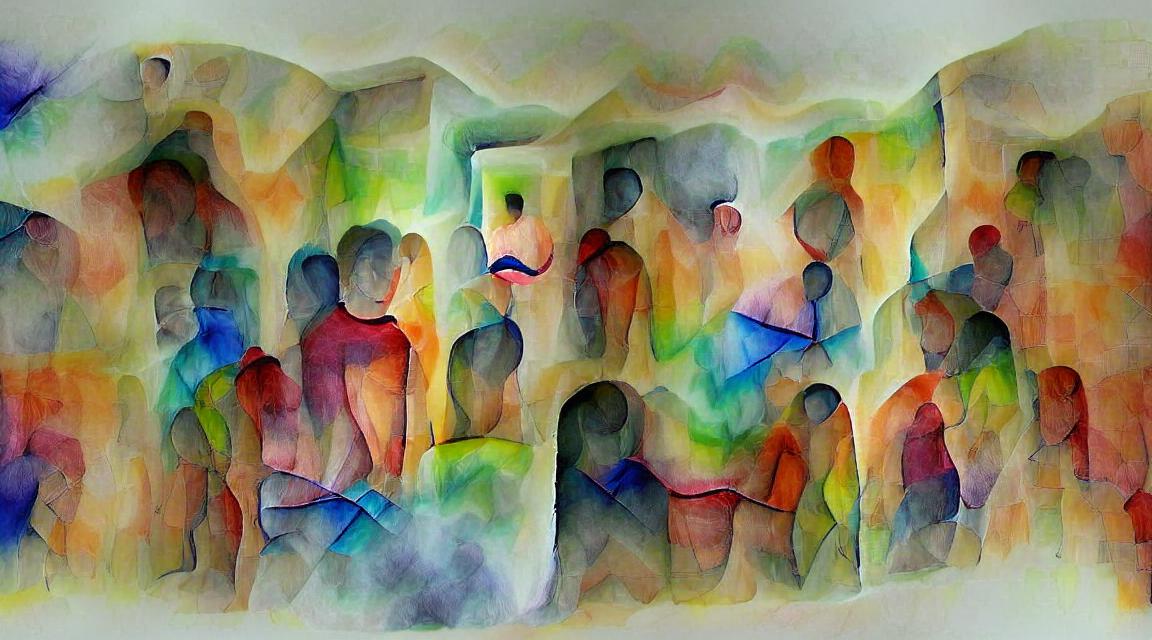Us & Them (#30)
We all want to feel like we are part of a community. Othering is the opposite of belonging, it labels individuals as operating outside the norms. Luckily we can defeat othering by allowing our membership rules to be intersectional.

We all want to feel like we are part of a community, of something larger than us as an individual. Whether we are conscious of it or not, we all cherish a sense of belonging as we seek out our specific tribe. We've already documented the value of individuals achieving a sense of belonging.
"The most important good we distribute to each other in society is membership." -john a. powell and Stephen Menendian
When we interact with others within the same membership we dip into a currency of connection: learning and teaching each other, supporting and celebrating, fostering a culture of acceptance and inclusion.
When we instead interact with a group where we don't have membership, we may find we begin to think and act as if we are in competition. We can easily overlay social constructs to our team and their team. The language we use, us and them, can become more adversarial and divisive, creating a concept referred to as othering.
Othering is the opposite of belonging, it labels individuals as operating outside the norms. Those that are othered are deemed less worthy, they can become marginalized. If left unchecked, othering will lead to conflict — every time.
"And who knows which is which and who is who" -Pink Floyd, Us and Them, 1973
The paradox here is that we seek inclusion and diversified thought for the many benefits brought to creativity, innovation, problem-solving, and perspective — yet our brains will naturally categorize what we observe as unwelcome differences. Luckily we can defeat othering by allowing our membership rules to be intersectional. We can grant access to our tribe by celebrating the uniquenesses our brains will recognize, by educating ourselves about cultures we haven't experienced, and by ensuring our identity definition is as openminded as we portray we are.
The Robbers Cave Experiment
1. When individuals who don't know each other are brought together to interact in group activities in order to achieve common goals, they will produce a group structure with hierarchical statuses and roles within it.
2. When two in-groups, once formed, are brought into functional relationship under conditions of competition and group frustration, attitudes and appropriate hostile actions in relation to the out-group and its members will arise; these will be standardised and shared in varying degrees by group members.
Further Investigation
/what-is-othering-5084425-FINAL-d05c34f54981442888b89b5632ffc0e0.png)
See the whole series by using the Paradox Pairs Index





